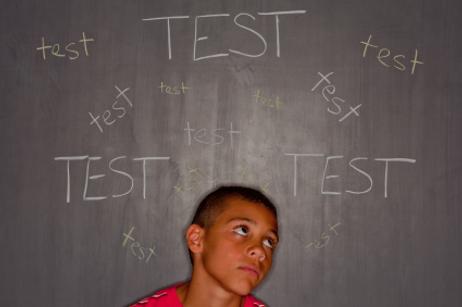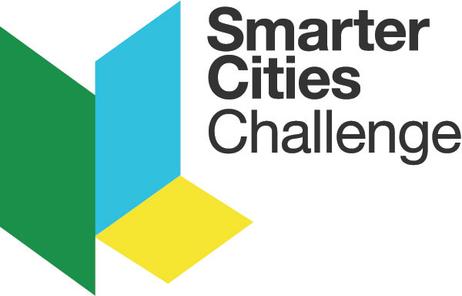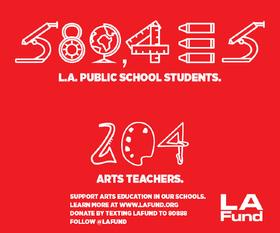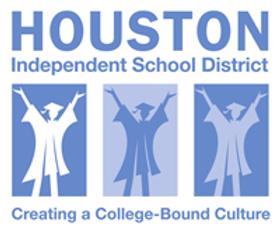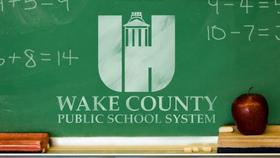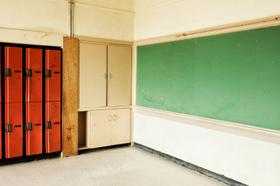With the expectation of losing accreditation in January 2012, Kansas City Public Schools are dealing with turbulence both within and outside their ranks. The school district’s accreditation was revoked in September after a vote from Missouri education officials. The decision was based on the fact that for several years, the district has failed to meet academic performance standards established by the state. With many questions about what will happen next, many within the district are reacting to the coming changes with fear, concern, and even panic.
The Decision is Made
According to a report in the Huffington Post, Missouri school officials decided to revoke the district’s accreditation less than a month after the current superintendent of Kansas City Public Schools, John Covington, left the district to take a job in Michigan helping poorly performing schools in that state. The interim superintendent, R. Stephen Green, told the Huffington Post that while the district was disappointed in the state’s decision, they would rely on community involvement to help bring schools back up to state standards.
This is not the first time Kansas City Public Schools has lost accreditation. The first vote to this effect took effect in 2000. After two years of work to get the district's schools back up to par, Kansas City has been granted provisional accreditation since 2002. However, after years of failing to make the grade, education officials decided it was time again to take matters into their own hands.
“We’ve




